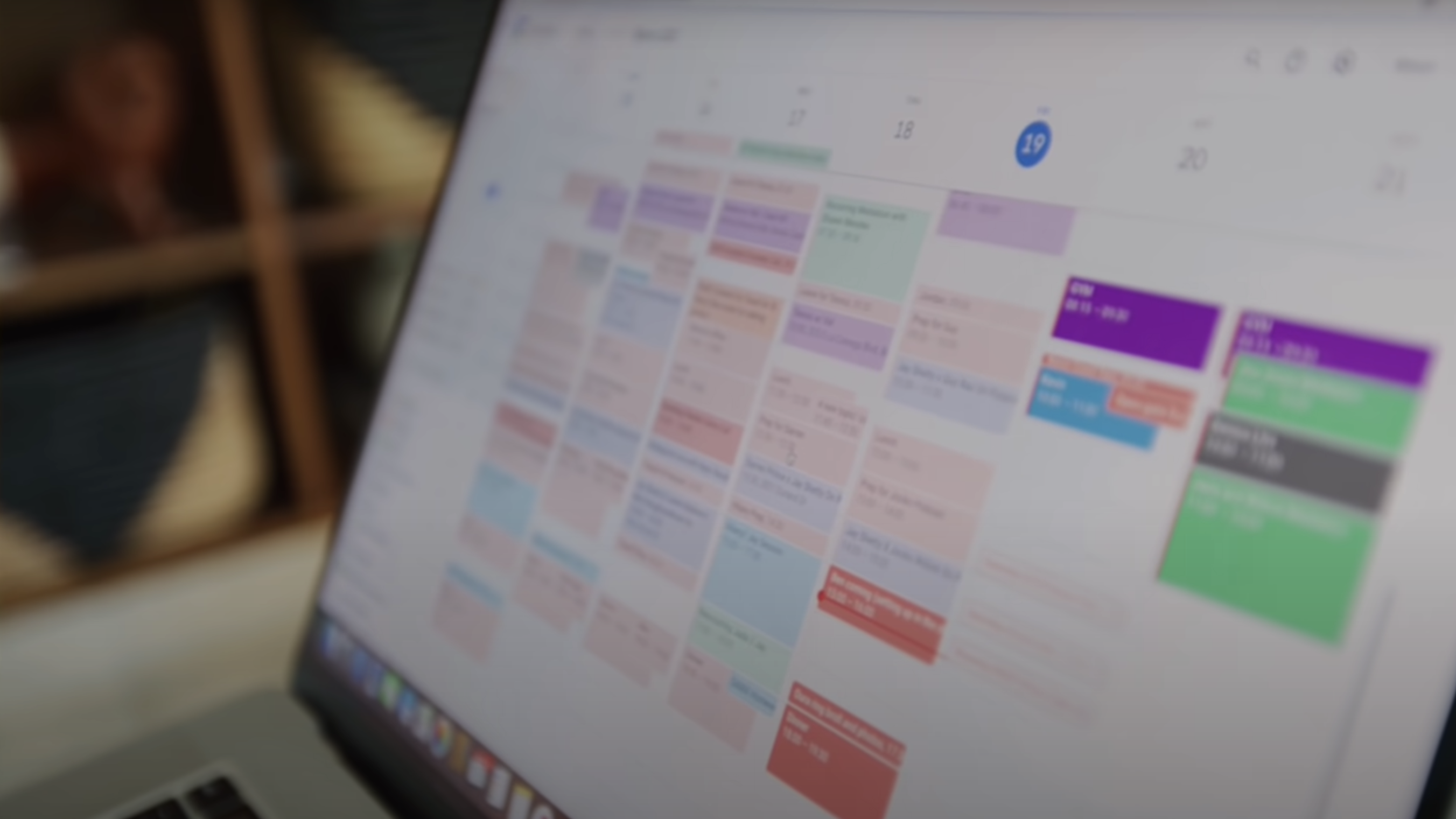Balancing work, life, and family while returning to school can be challenging for many working professionals. As a result, time management becomes crucial. However, in the process of managing time, the learning aspect often suffers because work and family are non-negotiable priorities.

Many students in this situation dedicate only a few hours on weekdays to their studies and then study for long hours during weekends and holidays to catch up. However, long study hours can lead to mental fatigue and hinder learning.
Learning is an exciting journey of personal and professional growth, but prolonged periods of intense study can be draining. Knowing how to quickly recover from demanding study sessions is essential to ensure effective and sustainable learning. Here are some strategies to help you bounce back with energy.
1. Take a Break
Breaks are integral to the learning process and should not be seen as mere pauses in your study routine. It’s essential to incorporate short, frequent breaks to allow your brain to rest and effectively consolidate the information you’ve been studying. One popular technique, the Pomodoro Technique, involves 25 minutes of focused work followed by a 5-minute break. This approach has been proven to enhance productivity and prevent burnout, making it a valuable method to incorporate into your study routine.
2. Feed your Brain

Did you know your brain consumes about 20% of your body’s energy? After a long learning session, it’s essential to refuel with nutritious foods like blueberries, which are packed with antioxidants, and nuts and seeds, which are rich in omega-3 fatty acids and vitamins. Additionally, incorporating fish into your diet can provide essential omega-3 fatty acids for brain health. Hydration is equally important, so it’s a good idea to keep a bottle of water handy and sip regularly to stay hydrated and help your brain function at its best.
3. Get Physical
Physical activity is an excellent method for resetting your mind and improving your overall well-being. When you exercise, it boosts blood flow and oxygen to the brain, facilitating the recovery process. Whether taking a brisk walk, practising yoga, or engaging in a quick workout, these activities can invigorate your body and bring mental clarity.
4. Mindfulness and Meditation

Mindfulness, the practice of being fully present and aware of your thoughts and feelings, and meditation, the act of focusing your mind to achieve a mentally clear and emotionally calm state, have been shown to have significant benefits in reducing stress and improving cognitive function. By regularly engaging in these practices, individuals can experience a greater sense of calm and clarity, leading to improved information processing and retention in the brain. Mindfulness and meditation can help you better absorb and remember new information, enhancing overall cognitive performance.
5. The importance of Sleep

Quality sleep is essential for memory consolidation, which is the process of strengthening and stabilizing new memories. During sleep, the brain processes and stores information from the day, making it easier to retrieve later. Aim to get 7-9 hours of uninterrupted sleep each night to allow your brain to go through all the necessary sleep cycles, including deep sleep and REM sleep, which are essential for memory formation. By prioritizing quality sleep, you can support your brain’s ability to consolidate memories and enhance overall cognitive function.
6. Change Your Environment
Changing your surroundings can do wonders for your mental state. If you’ve been indoors for a while, step outside for fresh air or move to a different room. A new environment can stimulate your senses and rejuvenate your mind.
7. Do other things
Engaging in a different activity can benefit your brain by allowing it to transition to a new focus. Whether it involves playing a musical instrument, creating art through painting, or challenging yourself with puzzles, immersing yourself in a hobby can offer the mental respite necessary to recuperate from periods of intense learning.
8. Be Social

Engaging in social activities such as chatting with friends or spending quality time with family members can be a valuable means to unwind and take a mental break from the pressures of studying. These interactions offer the opportunity to gain fresh outlooks and insights, fostering a sense of relaxation and rejuvenation.
9. Think about what you learnt
After completing your study sessions, setting aside dedicated time for reflection is important. Consider writing in a journal about the key concepts, insights, and challenges you encountered. This practice can assist in deepening your understanding, identifying areas that need further attention, and solidifying your grasp of the material.
10. Set Realistic Goals

By setting realistic and attainable goals and then dividing your study material into smaller, more manageable sections, you can avoid the necessity for prolonged, exhausting study sessions. This method maintains a consistent pace and helps reduce cognitive overload, ensuring you can effectively absorb and retain the information.
Bouncing back from those long study sessions is all about finding balance. It’s knowing when to push through and when to take a breather. By working these tips into your routine, you can ensure that your learning is effective and enjoyable. Remember that long-term success depends on sustainability, so take care of your mind and body as you keep learning.

If you want to do an online degree programme, explore several specialised master’s/bachelor’s/PhD degree programmes that Robert Kennedy College offers through exclusive partnerships with top British universities. You could also get in touch with our team of Education Advisers on WhatsApp, who can have a look at your profile and give you some advice.
If you have already made up your mind, click here to apply.

















